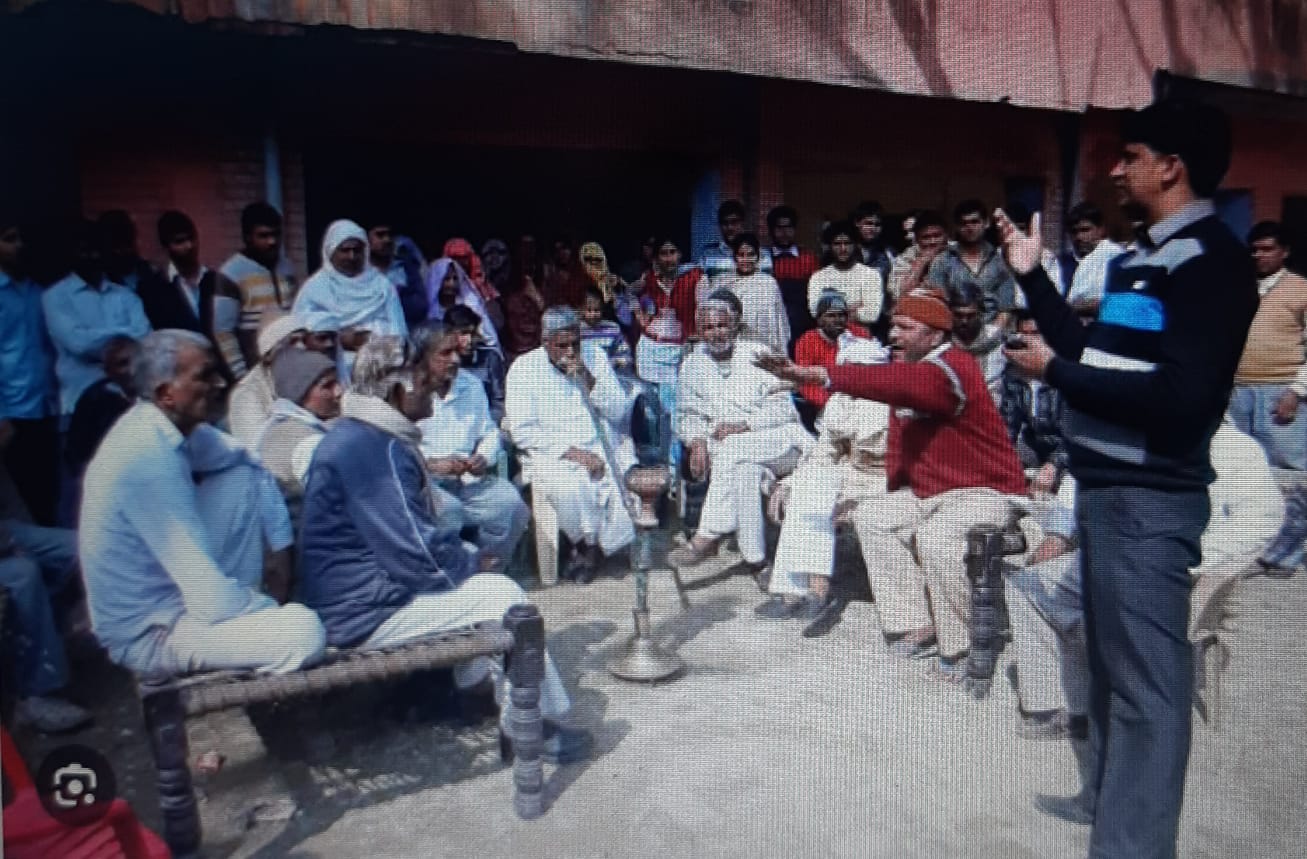
Urban Mirror Correspondent
New Delhi, January 14: The Lok Gathbandhan Party (LGP) today said that last week’s GST council meeting has left many questions unanswered which are haunting the trading community in the country. The LGP said the GST, which was launched in a huff in July 2017, required further reforms so that functional facilities and burden of compliance could become easier for the traders.
The spokesman of the party said here on Monday that despite hectic governmental efforts there is now stagnation in number of traders complying with the GST formalities, this is largely because of downslide in their businesses after faulty implementation of the new tax regime. The spokesman said the GST registration which had touched 66.32% in December 2017 has come down to 64.34% in November 2018 because of the slowdown in traders’ compliance. The spokesman said it has badly affected the NDA government’s drive to mop up more revenue which has not been able to cross Rs one lakh crore monthly. The spokesman said design of any tax policy always involved trade-off. But in GST case the trade off is between reducing compliance costs and initiating size of the tax base by giving some businesses leeway to stay out of the GST, the spokesman said and added it was simply politically motivated decision and could lead to tax evasion. This was certainly not the objective of the new tax regime, the spokesman said, adding that the functionally the GST should be made traders-friendly so that they could easily comply with the new system.
The spokesman said even after lapse of one-and-half year of its implementation small traders coming in its ambit are still struggling with its nitty-gritty. The spokesman said while protecting and enlarging the tax base in an honest and transparent manner the government should remove the difficulties being faced by the trading community. The spokesman said that compliance requirements thus required to be eased through process reforms on the pattern of income tax. The spokesman has thus demanded that GST council should revisit its approach to easing compliance burden.









